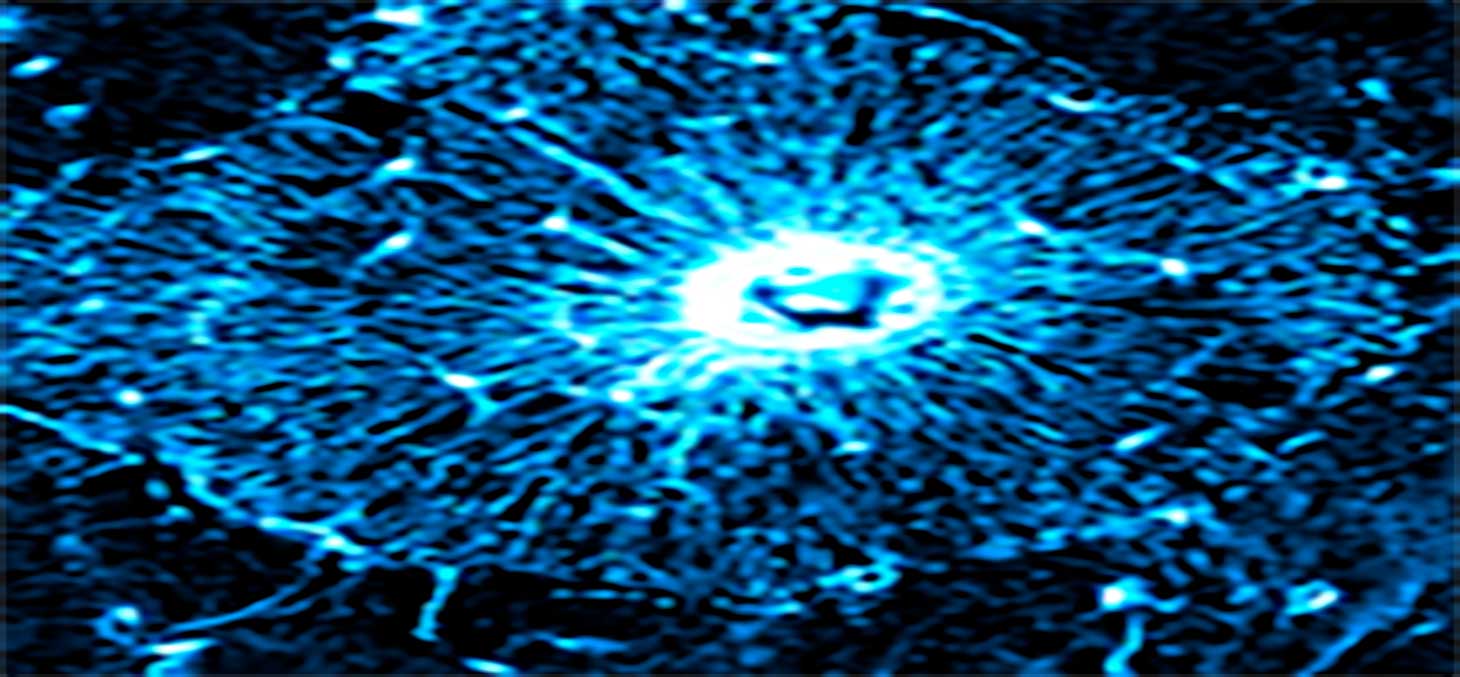- Share
- Share on Facebook
- Share on X
- Share on LinkedIn
Recruitment

Complex network analysis is a fascinating research topic with incredibly diverse applications: social networks, transportation, logistics, telecommunication and computing infrastructures, etc. It is also a cornerstone of neuroscience, where biologists seek to understand the relationships between measured functions and brain organization. At the most fundamental level, this involves understanding how the topology/connectivity of the neural network determines functions at larger scales and vice versa. Few people know that there are as many cells in the human skeleton as there are in the brain, and that in both cases the cells are highly interconnected. The biological role of this network and the impact of topology are still very poorly understood and it is therefore tempting to apply similar ideas developed in the general framework of complex network analysis to bones. Such approaches could have a strong impact on the biomedical community.
We are currently looking for a student in Master 2 or final year of Engineering School in one of the following fields: physics of complex systems, bio/medical imaging and signaling or applied mathematics with a strong background in Python programming and image processing. Your main tasks will be to optimize current image processing pipelines using morphological models and machine learning tools, as well as to develop graph analysis tools including geometry and symmetry features of the cellular network.
We hope to be able to pursue this project as a thesis. The major biomedical application of this project is the analysis of the evolution of the cellular porosity network as a function of bone mineral depletion in a nursing mouse model.
Contact
Aurélien GOURRIER
OPTIMA team
Office 108
Tel: 04 76 51 47 29
aurelien.gourrier univ-grenoble-alpes.fr (aurelien[dot]gourrier[at]univ-grenoble-alpes[dot]fr)
univ-grenoble-alpes.fr (aurelien[dot]gourrier[at]univ-grenoble-alpes[dot]fr)
- Share
- Share on Facebook
- Share on X
- Share on LinkedIn